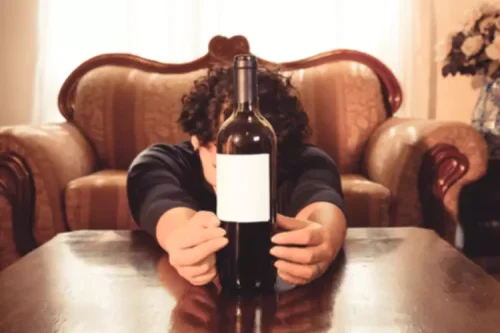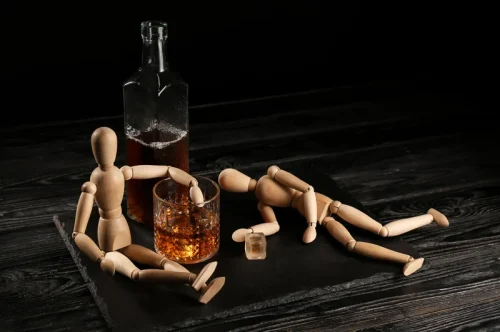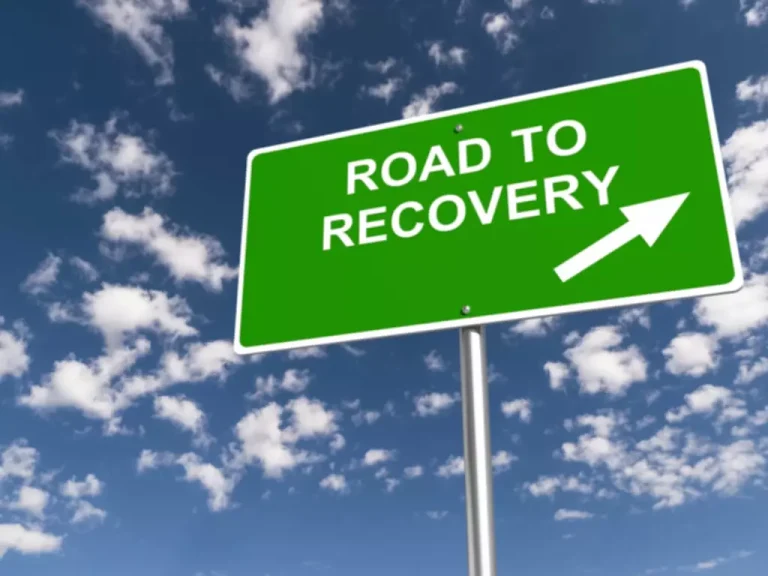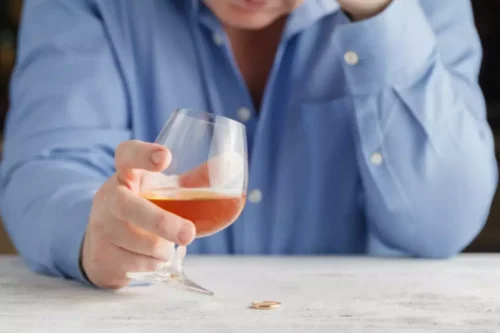
Guilt is another burden, with loved ones questioning their role in the addiction or feeling responsible for missing warning signs. They might even feel guilty for setting boundaries or making tough decisions, fearing they will worsen the situation. If you’re thinking about divorcing someone who breached your trust or won’t give you a chance to rebuild the trust you’ve broken, consider speaking to a family law attorney to discuss your options. Individuals who live in the Dallas / Fort Worth area who want to speak to a divorce attorney Fort Worth or Dallas based, can schedule a confidential case review with the Sisemore Law Firm. Then there are the relationships that are irretrievably broken or where the perpetrator of the mistrust can’t or doesn’t want to become trustworthy. That’s when you may need to make the difficult decision of whether or not to divorce.

The Experience Blog

Unlike negative coping mechanisms like avoidance or denial, positive ones help people confront uncomfortable feelings in a constructive way. Asking for help can be one of the most difficult things to do, but it’s essential when it comes to addiction recovery. Professional help provides individuals with the support and guidance they need to overcome their addiction and begin rebuilding their relationships. One Pro Tip is building a support system before starting addiction rehab.

The Role of Professional Intervention in Recovery
Additionally, they indicated experiencing greater challenges than any other age group when it comes down to repairing damaged relationships after recovery. Think back to when you were actively using drugs and alcohol, most likely your family and friends became secondary to your drug of choice and you were not as active in rebuilding your life after addiction your relationships. They are used to you forgetting about an event or isolating yourself from them, so now you have to challenge yourself to be more present and active in their lives. Sit down with them and ask them what they would like to see you do, what they need from you, and what they miss about your relationship.
- Addiction is a chronic disease that can devastate the lives of not only the person struggling but also their loved ones.
- Research has shown that support systems make a big difference in successful recovery from addiction.
- You and your loved one both deserve a fresh start to rebuild your relationship.
- Both you and your loved ones will have to commit to serious work if you wish to repair your bond.
Learn to communicate better
For example, imagine one of the ways a close friend broke your trust was by stealing from you. One of your boundaries could be that you start by spending time in a neutral location where they don’t have access to your property. Maybe it’s your child and you find out they’ve been stealing from you for a long time to finance their drug use. Maybe it’s a spouse who repeatedly lied about “working late” to cover for a drinking problem. Or maybe it’s a close friend who habitually stopped showing up when you needed them, choosing drugs over your friendship.
- “They can also begin to rebuild trust with their partner through this process, which involves increasing transparency and honesty, as well as taking steps to build healthier behaviors,” she adds.
- It will take time for your family and friends to learn to trust you again.
- Could the cracks and scattered fragments come together to recreate the once-admired beauty?
- One of the main goals of MDFT is to explore active parenting styles and to help develop the tools to positively impact substance abuse patterns.
When the time comes for it, you’ll also have someone to go to after rehab. Secondly, repairing bonds damaged by addiction can take a long time. Trust is difficult to regain when you have a history of substance abuse. In fact, it may take years for your relationships to once again become as strong as they were before addiction.
- If you’re thinking about divorcing someone who breached your trust or won’t give you a chance to rebuild the trust you’ve broken, consider speaking to a family law attorney to discuss your options.
- Having someone to lean on, share your struggles with, and celebrate milestones with can make the recovery process more manageable and meaningful.
- You have to give them the ability to express their feelings and concerns in order to be completely on the same page.
- So, make time for your spouse, as it is an investment that keeps reaping benefits.
- We are visually recognizing our growth with a unified look that better reflects who we are today and the passion we have for helping everyone with their addiction and mental health recovery journeys.
- Before reaching out to loved ones in order to broach the subject of recovering and reconnecting, you should first make sure you’re totally ready.
- Third, apologizing and moving forward, even if a friend decides not to repair their relationship with you, is necessary.
- Once lies and deceit enter a friendship, it can quickly disintegrate, leaving those involved with a great deal of hurt and frustration.
- There’s a fine line between forgiveness and allowing yourself to be stepped on.
Secondly, focusing on building healthy and positive relationships should be the priority rather than just socializing with anyone. Building connections that foster growth, self-improvement, and encourages emotional well-being are essential elements of creating lasting bonds. Establishing Strong, Supportive Networks involves more than just building friendships it s all about surrounding yourself with positive influences who support your goals in recovery. These relationships require mutual trust and honesty along with unconditional love and selflessness from both parties involved. When it comes to addiction recovery, one of the most crucial steps towards healing is forgiveness. It’s not just about forgiving others for the harm they may have caused you during your addiction, but also about learning to forgive yourself.

Find Support for Your Recovery
Healing and Rebuilding Trust

